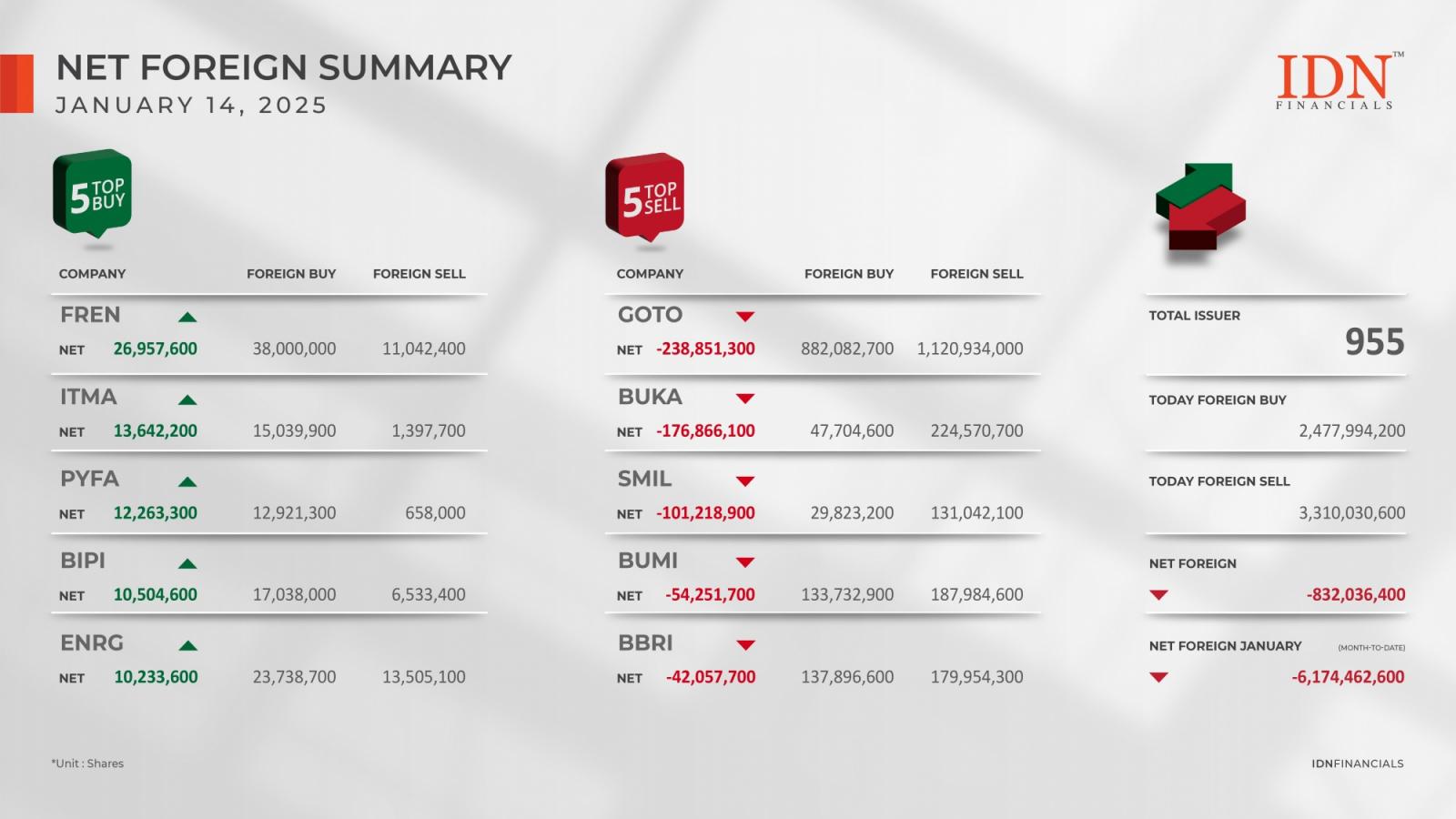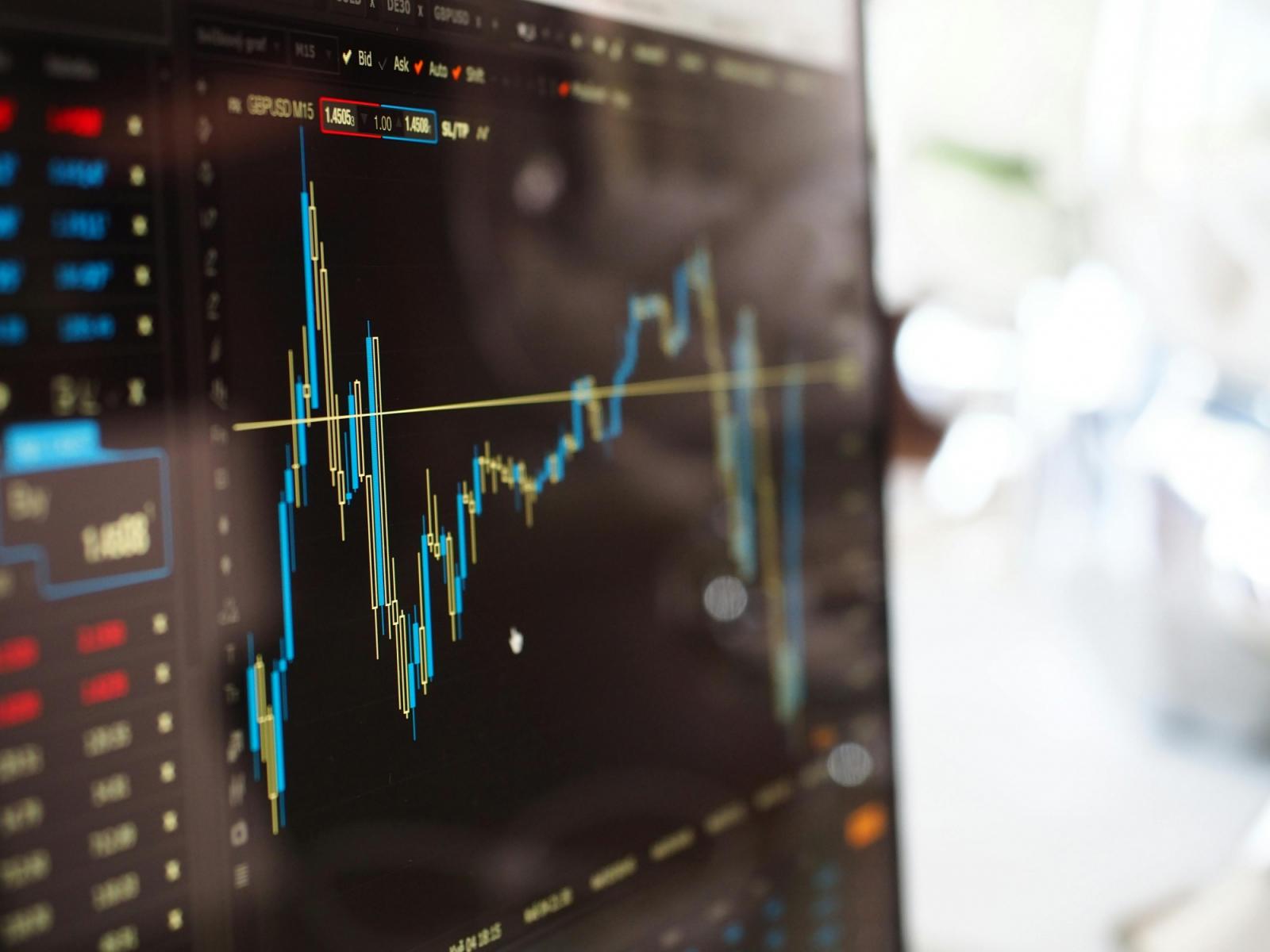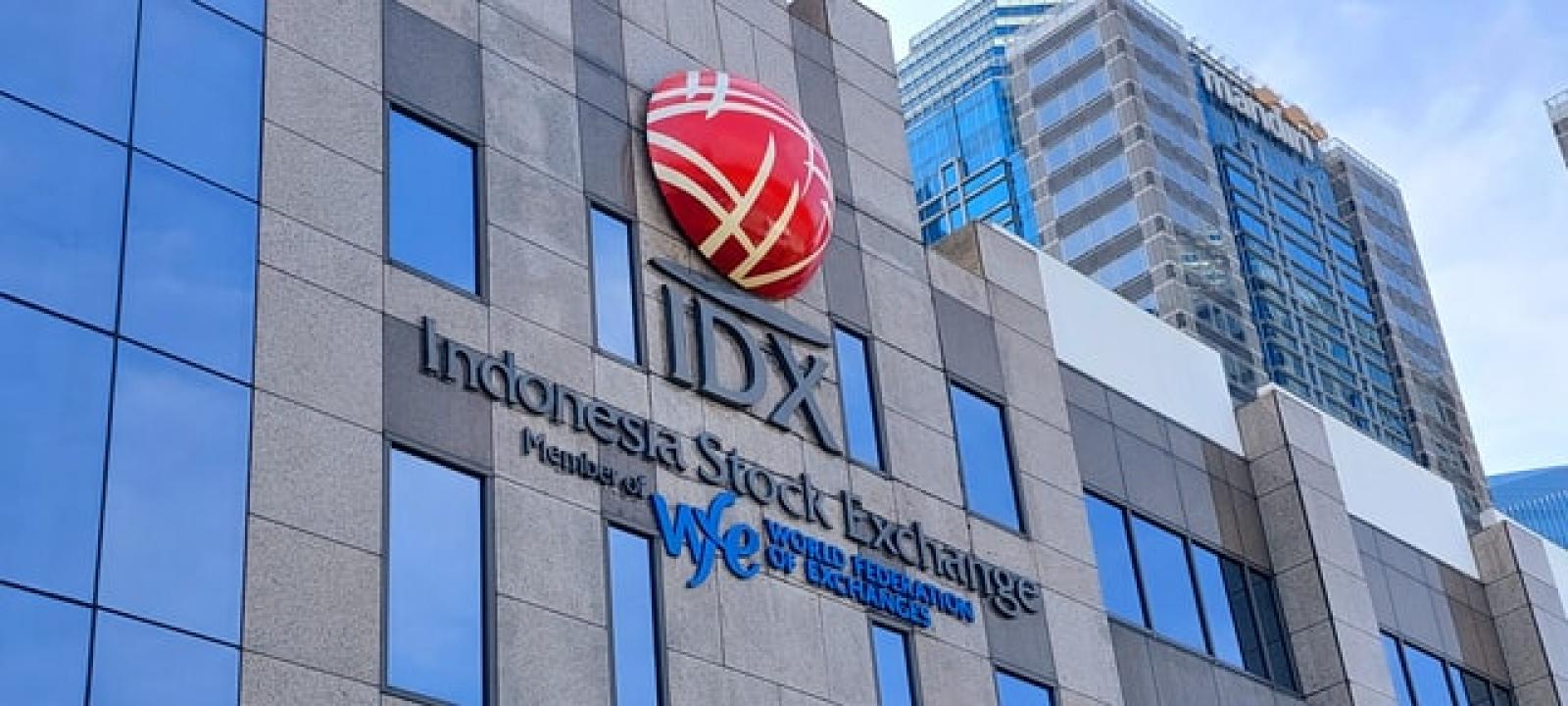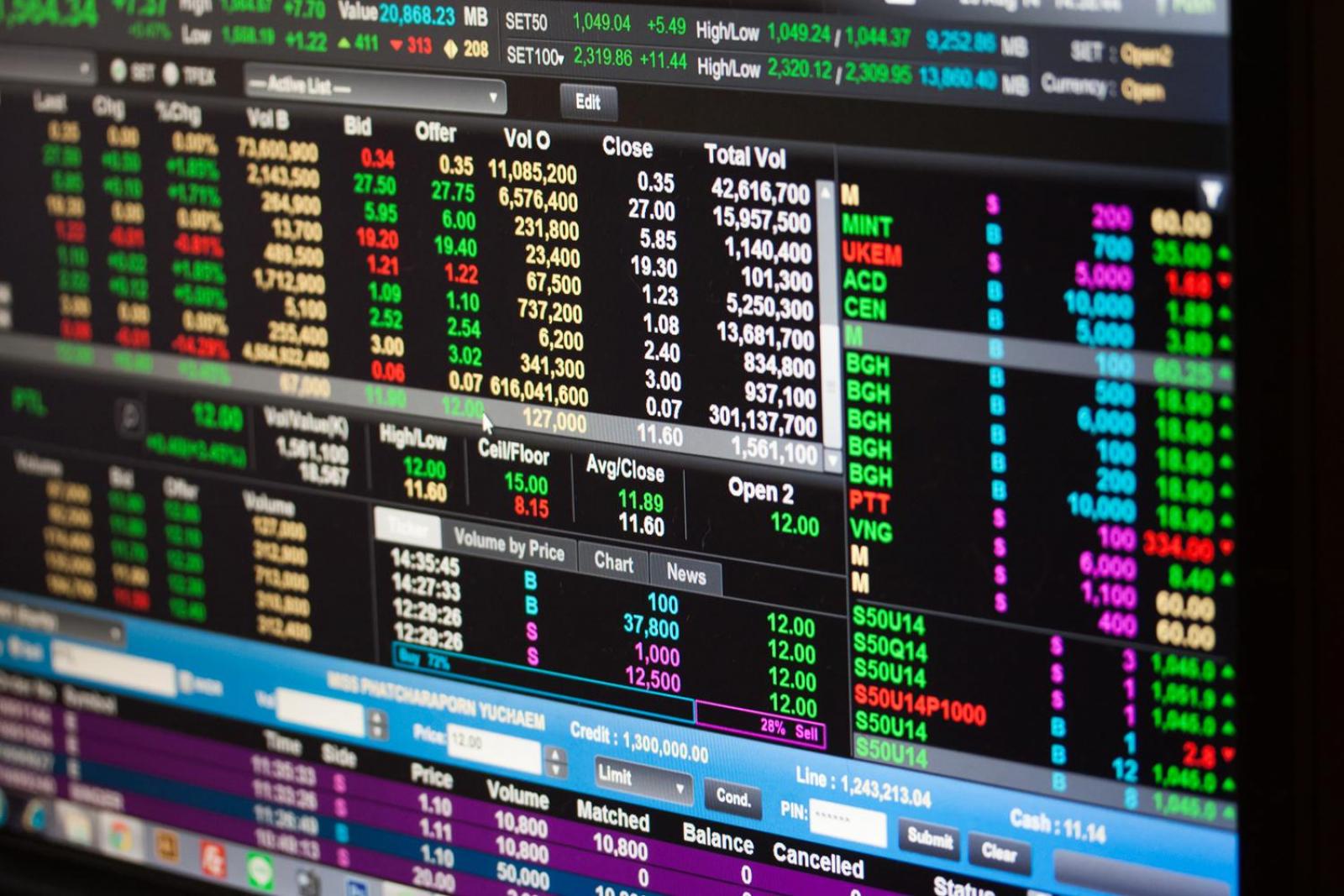
The German economy grew marginally in the third quarter after a contraction, preventing a technical recession, official data revealed Friday.
Gross domestic product posted a sequential growth of 0.1 percent in the third quarter, revised data from Destatis showed. The rate was downgraded from 0.2 percent estimated on October 30.
In the second quarter, GDP shrank 0.3 percent. Although the economy avoided a technical recession with the third quarter growth, the pace of expansion was only marginal.
On a yearly basis, calendar-adjusted GDP contracted 0.3 percent in the third quarter, which was worse than the initial estimate of 0.2 percent fall. GDP had declined 0.3 percent in the second quarter and 0.1 percent in the first quarter.
The price-adjusted GDP grew 0.1 percent annually in the third quarter compared to the previous estimate of 0.2 percent.
The expenditure-side of GDP showed that the quarterly GDP growth was underpinned by consumption, while net foreign trade and investments were a drag.
As consumers spent more on non-durable consumer goods, household spending grew 0.3 percent. Government final consumption expenditure rose 0.4 percent. As a result, final consumption expenditure climbed 0.3 percent.
By contrast, gross fixed capital formation was down 0.1 percent. Gross fixed capital formation in machinery and equipment slid 0.2 percent and that in construction dropped 0.3 percent.
Regarding foreign trade, data showed that exports of goods and services decreased 1.9 percent. On the other hand, imports of goods and services rose slightly by 0.2 percent.
Even if the German economy avoided a summer recession, a winter recession is looming, ING economist Carsten Brzeski said.
Looking beyond the winter, economic growth outlook will heavily depend on the new governments ability to strengthen the domestic economy amid a potential trade war and even stronger industrial policies in the US, the economist noted.





